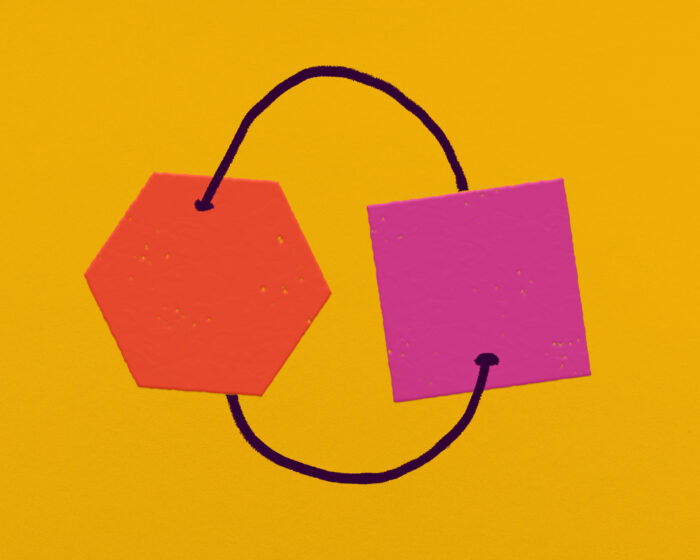Sawubona. I’ve previously talked about my special affection for this word.
In South Africa, where I’m from, it’s a Zulu greeting. The word itself is lovely, but it’s the meaning behind it that I find so powerful.
Literally translated, sawubona means, “I see you, and by seeing you, I bring you into being.” Imagine being greeted like that every day—a bit more profound than your standard “good morning,” isn’t it? Sawubona validates. It lets the recipient know that they’re not just a roadblock on your journey and makes them feel seen as an individual.
It is our relationships with one another—our mutual acknowledgments—that “bring us into being.”
Yet whether in my work with organizations or as a mother, I know I don’t always bring such a generosity of spirit to my interactions; in the busyness of the day-to-day I often err toward a solutions-based mindset, as many of us do.
Has staff productivity declined over the past three quarters? Let’s find out why and make the necessary course corrections. Is my child suddenly dreading the school day? I’ll try to reconnect him with his education. Problems were meant to be solved, right?
Yes and no. Problem solving is a necessary skill, but in a culture that prioritizes concrete plans and well-devised solutions, sawubona is a healthy reminder for us to pause before leaping into action.

Sawubona creates space for the experience of connection (which often ultimately facilitates problem-solving indirectly). Consider that business with declining productivity. If we were to jump straight into solutions mode, we might immediately look at workflows or project turnaround times. But what are the advantages of using a sawubona approach?
- Starting with sawubona encourages a team dialogue and offers employees a space to feel heard—which helps identify the biggest issues impacting morale before attempting to solve anything.
- Sawubona acknowledges that not all problems are solvable. Sometimes, rather than finding the best solution, it’s more important to ask your team: who do we want to be in the face of this challenge? How do we stay true to our values?
Of course, we can learn from the beautiful sentiment behind this simple greeting in all arenas of life. Consider moments when you can slow down, ask more questions, and prioritize active listening. Chances are your relationships—professional and personal alike—will only become stronger when you’re committed to understanding others in a new, profound way.






 Take the Quiz
Take the Quiz